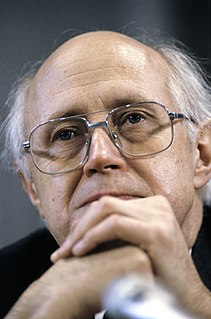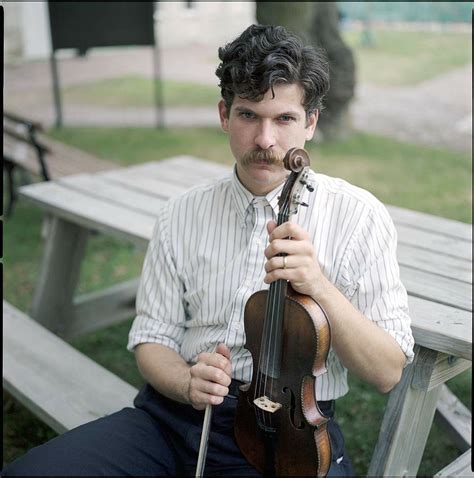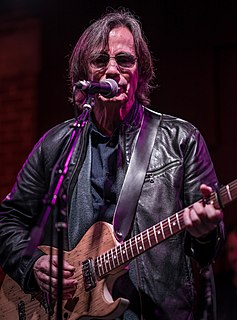A Quote by Mstislav Rostropovich
Music is part of history, and our history has lessons that cannot be separated from our greatest music.
Related Quotes
Music expresses feeling, that is to say, gives shape and habitation to feeling, not in space but in time. To the extent that music has a history that is more than a history of its formal evolution, our feelings must have a history too. Perhaps certain qualities of feeling that found expression in music can be recorded by being notated on paper, have become so remote that we can no longer inhabit them as feelings, can get a grasp of them only after long training in the history and philosophy of music, the philosophical history of music, the history of music as a history of the feeling soul.
The history of lead is a history of neglect. It's a history of decisions on our part not to address the broad implications of what we did to ourselves during the industrial revolution and in the first part of the century when our cities expanded broadly, when we built our housing and we began to depend upon lead as a mainstay of our new industrial culture. We put this stuff in even though we knew it was dangerous, we knew it was going to hurt kids.
Music will still be a big part of our environment. The Bible talks about choirs of angels and how there is singing in Heaven. We're going to have the greatest choirs, the greatest bands and symphony orchestras, the greatest music that the world has ever known. The world has never even heard music yet compared to what we're going to have there! If humans can make the beautiful music they have learned to make with these hand-made instruments, think what God can do supernaturally!
For instance, our music, They Might Be Giants, has this element of humor, which is probably the most uptight part of what we include in our music, because we're in part very self-conscious guys, and we want our music to stand up to the test of time, not just be visceral comedy records. We love humor and comedy, but there's this aspect to it that runs counter to what is included in most music.
Yes, the Bible should be taught in our schools because it is necessary to understand the Bible if we are to truly understand our own culture and how it came to be. The Bible has influenced every part of western culture from our art, music, and history, to our sense of fairness, charity, and business.
So I did a program with the Recording Academy, the Grammy Museum. So pretty much they take, like, one hundred kids during the summer and for a week or two every day they go over something different in music history. Then during the music history part of the program, they would just tell us about the different eras.



































